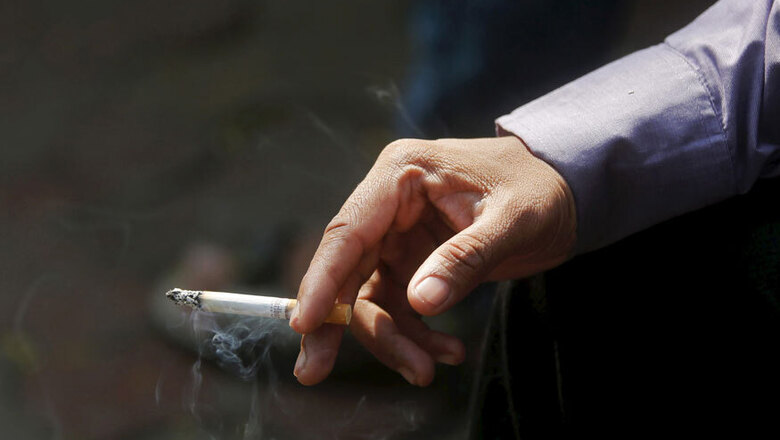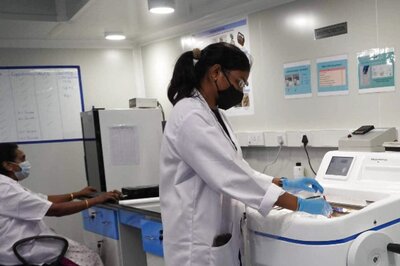
views
You have finally realized the perils of smoking and want to quit for good. Giving up something as addictive as tobacco is not an easy task, though. The World Health Organization (WHO) and its global partners celebrate World No Tobacco Day every year on May 31 to create awareness about the harmful effects of tobacco use and second-hand smoke exposure.
The World No Tobacco Day 2019 will focus on the adverse impact of tobacco on people’s health. Smoking can cause lung cancer, chronic respiratory disease besides wreaking havoc on your mental and physical health. Nonetheless, it is never too late to quit as the WHO lists several immediate and long-term health benefits of quitting smoking.
Once you have finally decided to kick the butt, you can either decide to quit abruptly or gradually. The American Cancer Society suggests that smokers should list reasons they want to quit and pick a day within the next month as their ‘Quit Day.’
“Picking a date too far away gives you time to change your mind. Still, you need to give yourself enough time to prepare. You might choose a date with a special meaning like a birthday or anniversary... Or you might want to just pick a random date. Circle the date on your calendar. Make a strong, personal commitment to quit on that day,” it says. You can also tell your friends and family about your Quit Day for that extra motivation. Once the Quit Day arrives, get rid of all the cigarettes and ashtrays in your home, car, and at work.
Tobacco contains nicotine, the highly-addictive ingredient that makes you crave cigarettes. So trying to quit can cause unpleasant withdrawal symptoms. This is where Nicotine Replacement Therapy (NRT) might come in handy, by giving you nicotine in the form of gum, patches, sprays, inhalers, or lozenges sans the other harmful chemicals in tobacco. “NRT can help relieve some of the physical withdrawal symptoms so that you can focus on the psychological (emotional) aspects of quitting,” according to the American Cancer Society.
You can also seek behavioral and supportive therapies to stay smoke-free.




















Comments
0 comment